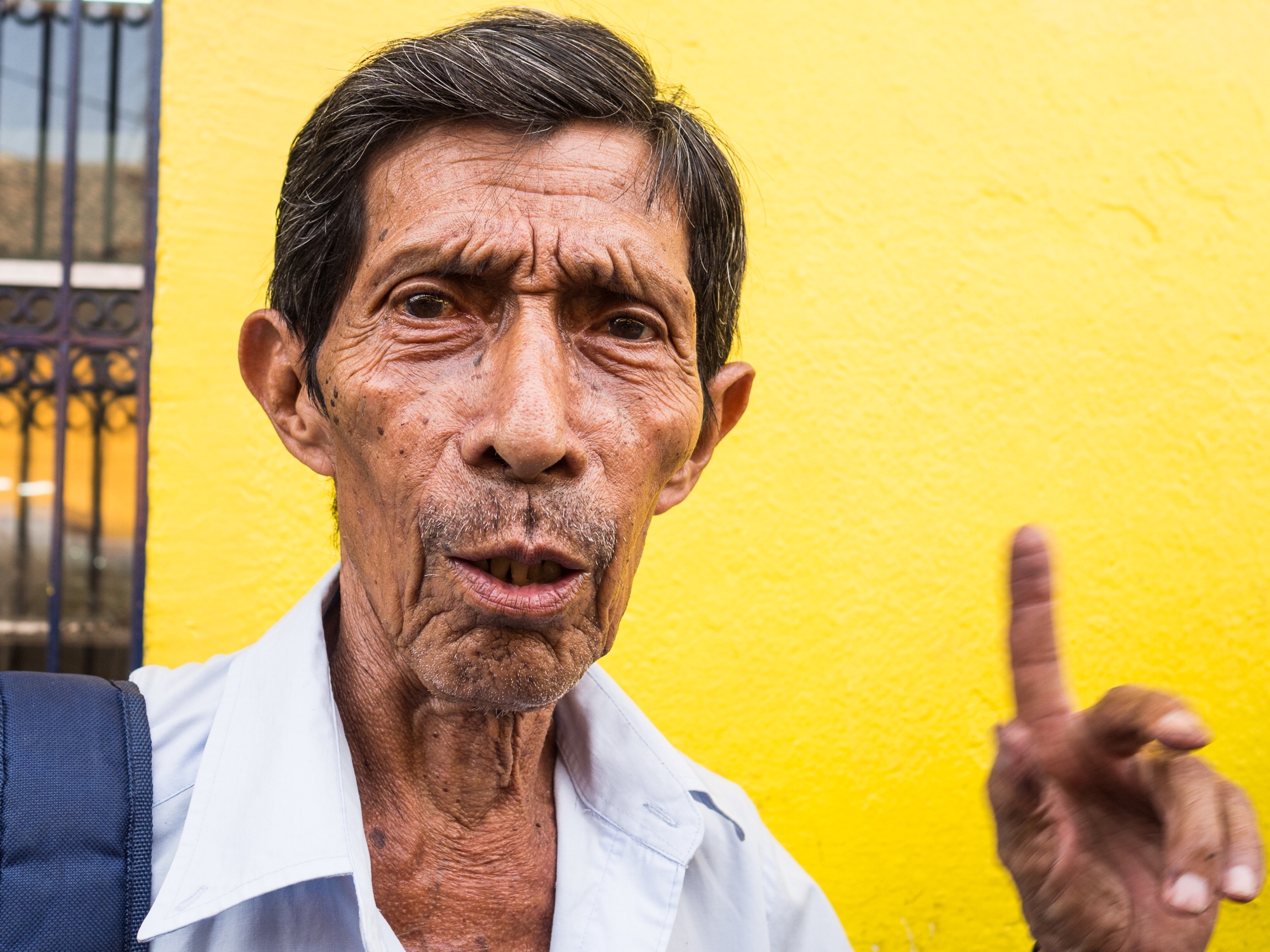
Ethnography
Conducting ethnography was very interesting, especially since I was interviewing someone who is a close friend of mine. I wonder how my interview would have changed if I had not been so familiar with the person I was interviewing.
I definitely saw the challenges of interviews while conducting this ethnographic research. I had to formulate and ask questions that were just probing enough to get an answer, but not so probing that it seemed that my questions had arguments. There was also an added dimension of interviewing over FaceTime as opposed to using email or texting. With FaceTime, I was able to read the face, lips and body language of the person that I was interviewing. It helped me to alter both the question sequence and question word choice in order to get the most organic response.
I am looking forward to conducting informal ethnographic research in Nicaragua because of the additional language barrier. I hope to have interviews supplement the experiential learning just as ethnography supported Chelsey’s experience in Nicaragua. It will be interesting to navigate the language barrier while building the trust of the people that I am interviewing so that they give the most natural response. It would be ineffective for interviewees to give interviewers the answer they want to hear rather than their actual answer.